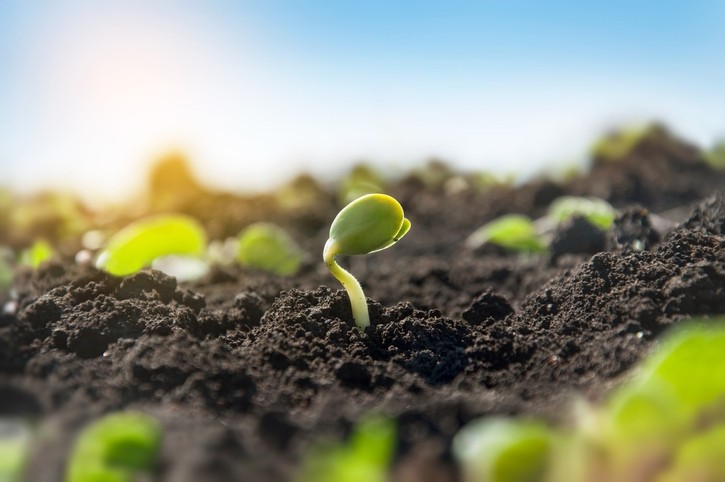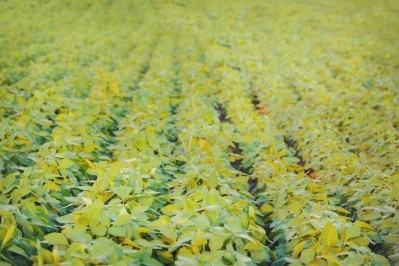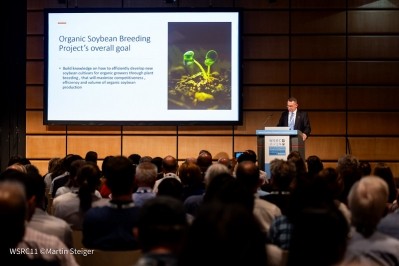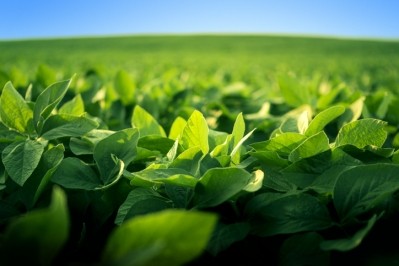Soybean output up in Europe, but fall off in demand predicted for non-GM meal

At a forecast 9.4m tons for 2021, soybean output in the European region will be 4.5% above the previous year’s level, according to Donau Soja, in its market report for November.
Average yield is estimated at 2.17 mt/ha in 2021, slightly lower compared to the last year’s result: 2.23 mt/ha. The biggest volume gains are expected in Ukraine (+530,000 mt) and (European) Russia (+163,000 mt).
The largest European harvest, that in Ukraine, has been completed, with an official yield of 2.64 tons per hectare and a total production of 3.32m tons. Typically, that market represents one third of European soybean production.
“The Donau Soja crop tour was more pessimistic with respect to yields [in Ukraine], but we will find out whether the final stocks are more in line with our estimates or those of the government by the end of the season.”
Ukrainian non-GM exporters are still selling cautiously, and it is currently unclear whether the non-GM quota is still 50% or less than in previous years, added Matthias Krön, chairman, Donau Soja.
Germany and Austria are also expected to see a jump in soybean production this year, finds the market outlook.
Donau Soja is a non-profit group that promotes the cultivation of sustainable soy in Europe and it reckons that, if fertilizers continue to remain at sky-high prices, it is very likely that, next season, the soybean planted area in Europe will increase and the maize planted area will decrease, given that soy cultivation requires less fertilizer than maize.
Fall off in demand
Prices for European non-GM beans have peaked; they are now softening, as per data in that report.
But soymeal activity has remained very quiet in the last four weeks, due to what Donau Soja termed “the low profitability” of the compound feed industry. “The entire feed industry is struggling, as well as beef, hogs, egg and chicken producers.”
And the organization is seeing a reduced use of non-GM soybean meal (SBM) by end users “due to higher incorporation of DDGs and other proteins.”
Italian crushers, noted the organization, are currently uncompetitive for export compared to Germany and Hungary where the import of Ukrainian beans has been easier and cheaper.
However, crushing capacity in Italy is higher than local non-GM meal demand, so export is mandatory to fill crushing capacity; some operators there are already planning to reduce crushed volume by the end of September 2022, even by as much as 20%, reads the report.
And Donau Soja estimates that non-GM soybean meal demand will fall, by 150K Mt. “Before incorporating this high cut in demand in our supply and demand (SND) estimates, we will wait a few months to see how, and if, the soybean price corrects further downwards.”
Organic soybean price still high
Organic soybean price is still sky high and pressers are awaiting more beans, states the report.
“A solid wave of imported African organic beans could materialize soon, but pressers will wait for the beans to be in storage and for all organic documentation to be duly checked by the competent authorities before offering non-EU material. The most recent traded prices for oil range from €1,450-€1,500/Mt and, for cakes, above €1,100/Mt.”












